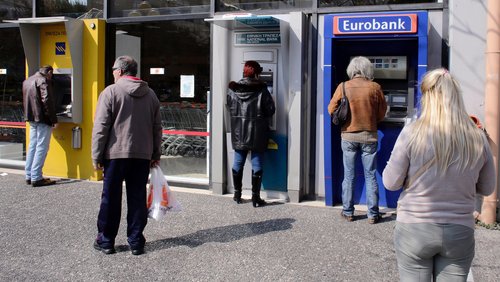The German real estate market has been stable for years, a bubble is unlikely - although prices in cities are growing strongly. However, in some regions there are risks, according to the Cologne Institute for Economic Research (IW). Investors must therefore pay attention to local particularities.

Real estate market: Stable, but bearing risks
The German real estate market is not facing a bubble, so much seems to be certain at the moment. The prices in metropolitan areas have indeed risen sharply for years. But this is due to high demand on the one hand and the lack of new construction on the other. A sudden fall of prices is therefore unlikely. Nevertheless, there are impending regional risks and market corrections:
In rural areas, mostly single-family houses are built - but in too many regions just too many of them. "Most rural areas are over-supplied, the house and land prices will fall here in future," says IW scientist Michael Voigtländer. It is only in municipalities, which are directly adjacent to large cities, that there is still a need for single-family houses, according to the IW study.
In large cities, on the other hand, there is often a lack of housing. Investors therefore rely primarily on microapartements, often in the upscale price class. But there are now too many of them built in some large cities. This is the problem in Frankfurt, where almost one-and-a-half times of the required number of microapartements will be created, whereas in Düsseldorf only 10 percent of the demand is covered, the IW study shows. Students are actually supposed to move into these apartments. However, the rents are often too high for young people, who are financed with student jobs or the money of their parents. A second development will exacerbate the situation, warned Voigtländer: "In the coming years, the number of students will drop again. What is to happen with the apartments then is questionable.
"These risks could lead to market corrections both in rural and urban areas. In the big cities, the rent brake also ensures uncertainty among investors. "Although there is no evidence showing that it works, almost all parties want to hold onto it," says Voigtländer. After the Bundestag election it could even be tightened. Then calculations that are based on further rising rents would need to be rejected, which would put pressure on prices.
More on the topic

Non-performing loans: Herculean task for the Eurozone
The big banks in the Eurozone are still sitting on non-performing loans worth over half a trillion Euros. Especially in Cyprus, Greece and Italy bank failures are likely, as shown in a study of the German Economic Institute (IW). If the banks were to be made ...
IW